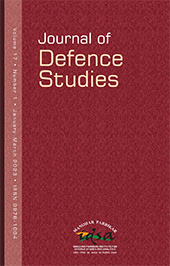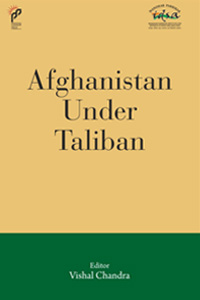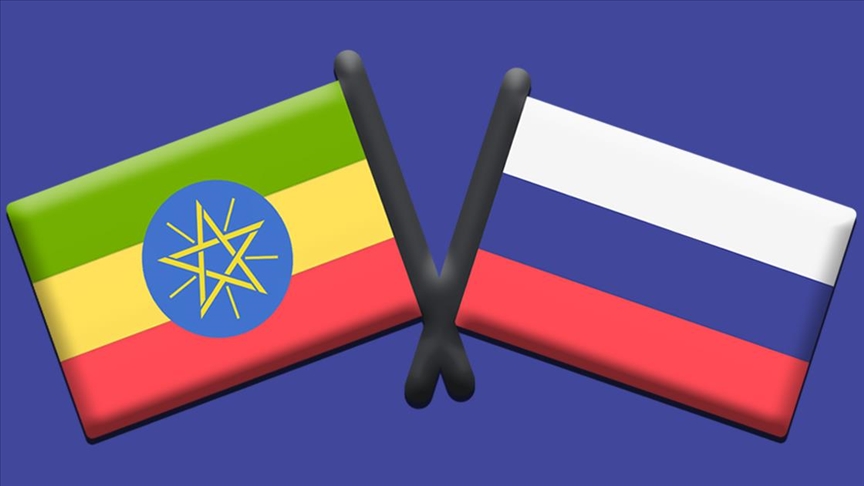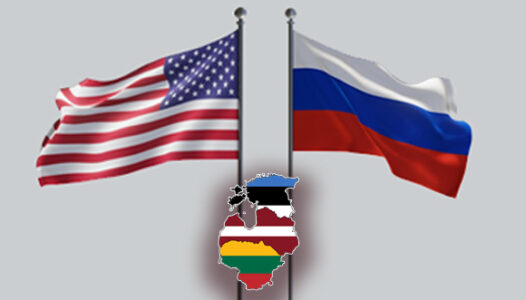North Korea’s Increasing Military Cooperation with Russia: Implications for India
Since the beginning of the war in Ukraine in 2022, the military engagement between North Korea and Russia has significantly increased. Apparently, the signing of a ‘Comprehensive Strategic Partnership’ agreement with Moscow in June 2024 would further enhance the military capabilities of Pyongyang. On the other hand, India’s diplomatic relationship with North Korea has continued under the ‘Act East Policy’ of the Narendra Modi government. Moreover, in the backdrop of New Delhi’s new strategic alignment in the ‘Indo-Pacific’ with Quad partners, India has not abandoned Pyongyang. However, North Korea’s nuclear proliferation activities with Pakistan has been an issue of deep concern to New Delhi. In this regard, the Russian space, nuclear and military technologies may reach Islamabad through Pyongyang. Russian support to North Korea can also complicate India’s relations with the Quad members as New Delhi has a close partnership with Moscow. Therefore, there can be military and strategic implications for India as a result of the deepening military alliance between North Korea and Russia.
- Ranjit Kumar Dhawan
- April-June 2025













